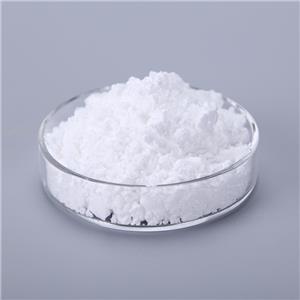Description:
It is a derivative of sulfanilamide and is known for its broad-spectrum antibacterial properties. This medication is commonly employed in the treatment and prevention of various bacterial infections in livestock and poultry.
Uses
Bacterial Infections: Sulfadimethoxine sodium is effective against a wide range of gram-positive and gram-negative bacteria. It is commonly used to treat infections such as respiratory diseases, enteritis, and urinary tract infections in animals.
Coccidiosis Treatment: It is often used in poultry to control coccidiosis, a parasitic disease caused by coccidia that affects the intestinal tract. Sulfadimethoxine helps reduce the severity of the disease and improves overall health.
Preventive Use: In some cases, sulfadimethoxine sodium may be administered prophylactically in animals at risk of infection or disease outbreaks, helping to maintain herd health.
Respiratory Diseases: It is used in cattle and swine to manage respiratory diseases caused by susceptible bacteria, providing relief and promoting recovery.
Administration
Sulfadimethoxine sodium can be administered orally or via injection, depending on the formulation and the specific needs of the animal. The dosage and duration of treatment should be determined by a veterinarian based on the type and severity of the infection.
Safety and Efficacy
While sulfadimethoxine sodium is generally well-tolerated, it can have side effects, particularly with prolonged use. Potential side effects may include gastrointestinal upset, allergic reactions, or changes in blood parameters. It is important to follow veterinary guidelines for dosing and to monitor animals for any adverse reactions during treatment.
Regulatory Status
Sulfadimethoxine sodium is approved for veterinary use in many countries. It is crucial for veterinarians and animal owners to adhere to regulations regarding its use, including withdrawal times for food animals to ensure that residues do not exceed safe levels in meat and milk.
Conclusion
Sulfadimethoxine sodium is a valuable antibiotic in veterinary medicine for treating a variety of bacterial infections in livestock and poultry. As with any antibiotic, it should be used responsibly and under the guidance of a veterinarian to ensure the health and safety of the animals while minimizing the risk of antibiotic resistance.
Payment method: T/T in advance, Paypal, Western Union, L/C, etc.
Shipping ways: Courier, Air, Sea, Road
Storage Condition: Dry, dark, and at 0 - 4 C for short term (days to weeks) or -20 C for long term (months to years).






 China
China
